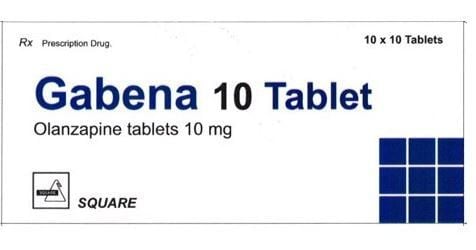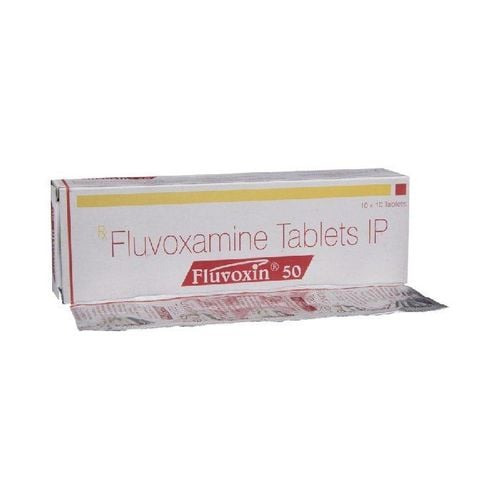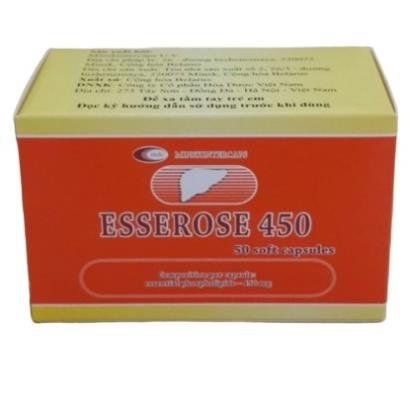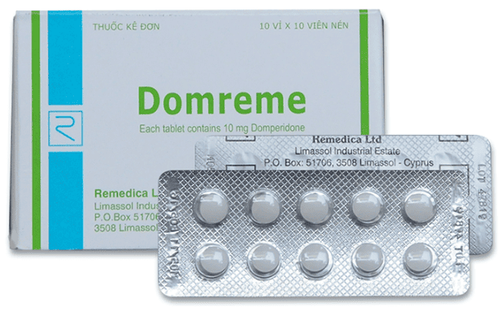This is an automatically translated article.
Mental stress, psychological instability or mental illness such as depression can suppress hunger, cause nausea and poor digestion called anorexia nervosa. Treatment of anorexia nervosa is primarily with forms of psychotherapy.
1. What is anorexia nervosa?
Anorexia nervosa is an eating disorder characterized by excessive food restriction and an unreasonably intense fear of weight gain or bulimia that accompanies trying to get rid of food. The disease occurs mainly in girls and young women, usually in adolescence, rarely after the age of 40.
The cause of the disease is not clear, but the fear of obesity, obsession In terms of body judgments, thin body psychology causes an excessive reduction in food intake compared to body needs. Excessive anxiety about weight or a history of strict diets appear to increase the risk of anorexia nervosa and may have a genetic predisposition.
Anorexia nervosa has two types:
Restrictive anorexia nervosa: The patient has no appetite, restricts food intake, or exercises excessively. bulimia diuretics. MORE: Binge-eating disorder: Why do you need mental health treatment?
2. Symptoms of anorexia nervosa
Anorexia nervosa can be mild and transient or persistent with severe manifestations and complications. Symptoms may occur such as:
Psychological anxiety about overweight or obesity in certain areas of the body eg thighs, buttocks Anorexia, no appetite Craving, looking for ways to eliminate food after eating eg induce vomiting Excessive exercise Abdominal bloating, abdominal discomfort, constipation Depression Menstrual disturbances, disinterest in sex Depression Slow heart rate, low blood pressure, hypothermia Hirsutism appearance mild or fluffy Edema.

Trầm cảm là triệu chứng của chứng chán ăn tâm thần
3. Diagnosing anorexia nervosa
The prominent feature of anorexia nervosa is that the patient eats very little or a lot but does not realize the seriousness of the body weight. Patients often resist going to the doctor for examination and treatment.
Clinical diagnostic criteria include:
Food intake restriction leading to low body weight (BMI < 18.5 kg/m2) Fear of obesity Disturbances in self-image such as perception false positives in appearance and/or weight or negation of illness. However, there are some patients who are still healthy. The key to the diagnosis is an intense fear of being fat despite excessive weight loss.
Differential diagnosis
Certain conditions can cause anorexia and significant weight loss but are not associated with anorexia nervosa such as:
Mental disorders such as schizophrenia or major depression Some Severe untreated physical disorders such as malabsorption syndromes, type 1 diabetes, adrenal insufficiency and cancer. Amphetamine abuse can also cause similar symptoms
4. Treatment of anorexia nervosa
Anorexia nervosa, if not detected and treated, can lead to debilitating, multi-organ dysfunction, with a mortality rate as high as 10% per decade. Children and adolescents treated for anorexia nervosa have better outcomes than adults. With treatment, half of patients return to normal, regain weight, and improve complications. Meanwhile, a quarter of patients showed intermediate results and possible relapse. The remaining one quarter have poor response to treatment, frequent relapses, and have both mental and physical complications.
Need to combine the following measures to treat anorexia nervosa:
Adequate nutrition, electrolytes, vitamins and minerals. Psychotherapy such as treatment to change perception-behavior about weight and eating patterns. Family members support the patient during treatment. Second-generation antipsychotics (eg, olanzapine) may reduce anxiety and help with weight gain.

Bổ sung đầy đủ chất dinh dưỡng là biện pháp điều trị chán ăn tâm thần
In a nutshell, anorexia nervosa is an eating disorder characterized by excessive weight loss by restricting food intake due to the intense fear of weight gain or bulimia that accompanies trying to lose weight. food waste. Anorexia nervosa is common in adolescents and women and causes great damage to physical and mental health due to nutritional deficiencies, which can lead to death. Treatment of anorexia nervosa with nutritional supplementation, psychotherapy for cognitive-behavioral change, and family therapy. Sometimes second-generation antipsychotics are needed.
With many years of experience in the examination and treatment of diseases, now Vinmec International General Hospital has become one of the major health care centers, capable of examining, screening and treating diseases. treat many serious diseases. Therefore, if you have health problems, anorexia nervosa, you can go to Vinmec International General Hospital to examine and receive support and advice from doctors and experts.
Please dial HOTLINE for more information or register for an appointment HERE. Download MyVinmec app to make appointments faster and to manage your bookings easily.













